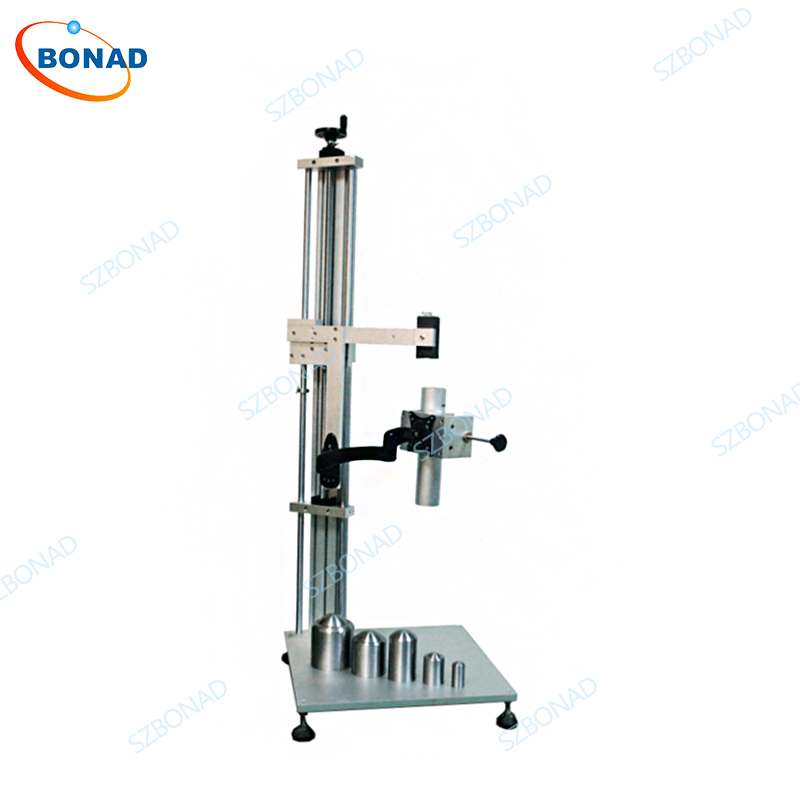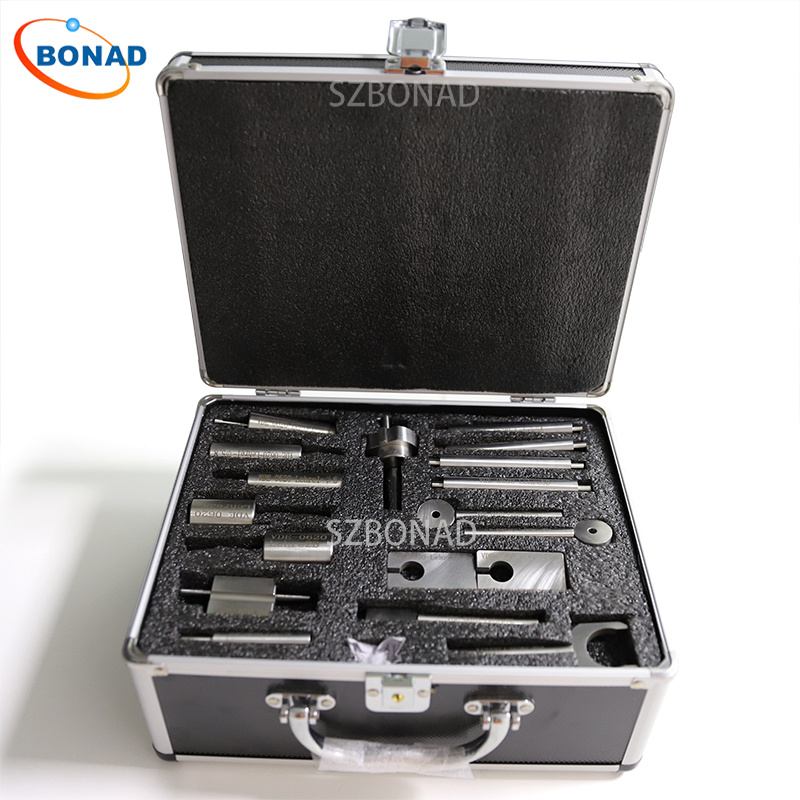IEC 60068-2-75 is an International Electrotechnical Commission (IEC) standard that is primarily used to test the resistance of electrical and electronic products to impacts of a specific severity. This standard provides a standardized test method for evaluating the mechanical strength of products, especially to demonstrate an acceptable level of safety in product safety assessments. IEC 60068-2-75 is primarily used for environmental testing of electrical and electronic products, especially for mechanical strength testing of the outer casing of household and similar electrical appliances and lamps.
Working principle:
1. Test device: According to the IEC 60068-2-75 standard, the test device should be able to perform vertical impact tests in accordance with the requirements of the standard. This includes the use of an electromagnet release system to ensure instantaneous release and vertical drop, and a lifting device combined with a screw guide to ensure that the lower end of the guide tube contacts the sample surface smoothly.

2. Test method: The standard defines impact tests with different energy levels, including but not limited to 0.14J, 0.2J, 0.35J, etc. The corresponding equivalent mass is also clearly specified, such as 0.25kg, 0.5kg, 1.7kg, etc. During the test, the sample should be placed normally, the impact point should be adjusted, the impact device should be positioned, and then the hammer head should be released to freely impact the sample.
3. Test purpose: Through these standardized impact tests, the performance of the product under external force impact can be evaluated, so as to ensure that the mechanical strength and safety of the product meet international safety standards.
Application areas:
1. Mainly used for the mechanical strength test of the housing of household and similar electrical appliances, lamps and other products to ensure that the products can withstand certain impacts without damage under normal use conditions or during transportation.
2. In addition, this standard is also applicable to other electrical and electronic products that need to evaluate mechanical strength, such as computers, communication equipment, etc.


